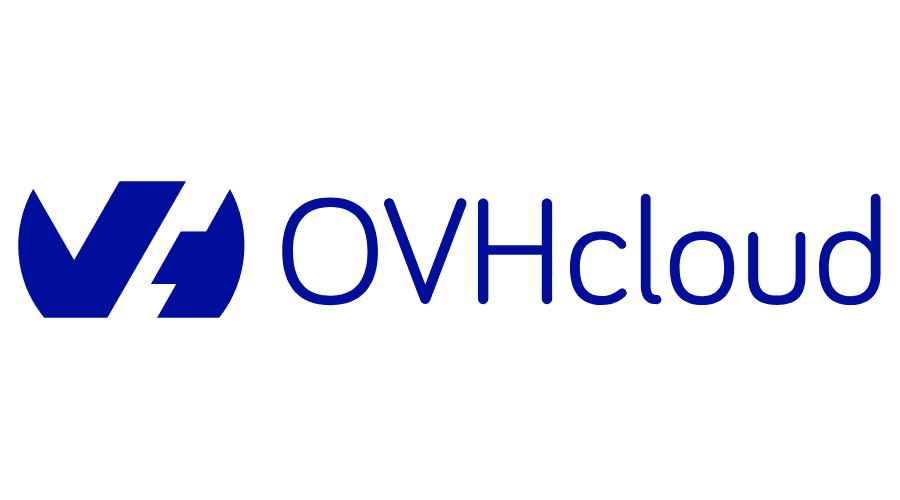6 Best Alternatives to Linode 2026
6 Best Alternatives to Linode 2026
When looking for cloud hosting services, Linode is often one of the first names that come to mind due to its reliable service and straightforward pricing. However, depending on your needs—whether it’s performance, pricing, support, or server location—there are several alternative options that might offer a better fit for your specific requirements.
Below, we’ll discuss six of the best alternatives to Linode, and compare their features, pricing, and pros and cons.
1. LightNode

Best for: Flexible pricing and global node coverage
Highlights:
- Global nodes: Over 40 data centers worldwide, ensuring low latency
- Affordable: Hourly billing options starting at $0.012/hour
- Easy deployment: Instant setup with NVMe SSD storage and multi-system support
- Great for developers: Full root access and API support for automation
Pros:
- Very cost-effective, especially for short-term projects
- Fast deployment and scalability
- Good customer support with fast response times
- Supports domestic payment options (Alipay, WeChat)
- Low latency across global nodes
Cons:
- Limited advanced features for enterprise-level solutions
- Occasional performance dips during peak times
LightNode 40+ Datacenters Speed test
2. Vultr

Best for: Wide range of server options
Highlights:
- Provides both cloud compute and dedicated instances
- A large selection of server locations (17+ cities globally)
- Competitive pricing with a low entry cost
Pros:
- Affordable plans with flexible billing options
- Customizable server sizes
- Excellent network performance with DDoS protection
Cons:
- Support quality can be inconsistent
- No free backups, unlike other providers
3. DigitalOcean

Best for: Developers who need simplicity and scalability
Highlights:
- Well-known for its simplicity and beginner-friendly interface
- Excellent documentation and tutorials for developers
- One-click apps for easy deployment of popular software
Pros:
- Great for developers with easy-to-use interface
- Large community with extensive documentation
- Offers managed Kubernetes and app platform hosting
Cons:
- Higher cost per GB of bandwidth compared to other providers
- Limited support for enterprise-level users
4. AWS EC2
Best for: Enterprise-level businesses requiring advanced features
Highlights:
- Comprehensive suite of services (computing, storage, database management)
- Highly scalable and flexible with various instance types
- Global presence with 25+ regions worldwide
Pros:
- Best-in-class scalability and reliability
- Extensive integration with other AWS services (Lambda, S3, RDS)
- Advanced security features
Cons:
- Complex pricing structure
- Can be expensive for small projects or startups
5. Vercel
Best for: Serverless hosting for front-end developers
Highlights:
- Designed for serverless applications, particularly front-end hosting
- Automatic scaling and instant deployment
- Integrated with GitHub, GitLab, and Bitbucket for continuous deployment
Pros:
- Optimized for static websites and front-end applications
- Zero-config setup with automated deployments
- Free tier available with generous limits
Cons:
- Limited support for back-end or complex applications
- Not suitable for long-running services
6. OVHcloud

Best for: Budget-conscious businesses with data sovereignty concerns
Highlights:
- Affordable cloud hosting with a wide range of server options
- Strong focus on data privacy and compliance (e.g., GDPR compliance)
- Provides additional services like load balancing, CDN, and DDoS protection
Pros:
- Competitive pricing, especially for high-performance servers
- Strong European presence and data privacy guarantees
- Good customer service and customizable plans
Cons:
- User interface could be more intuitive
- Limited number of data centers in the US and Asia
Comparison Table
| Provider | Pricing | Global Locations | Billing Options | Key Features | Pros | Cons |
|---|---|---|---|---|---|---|
| LightNode | $0.084/hour | 40+ | Hourly, Monthly | NVMe SSD, API, Low latency, Domestic payments | Cost-effective, Fast setup | Performance dips at peak times |
| Vultr | $2.50/month | 17+ | Monthly, Hourly | DDoS protection, multiple server sizes | Affordable, Great network performance | Inconsistent support, No free backups |
| DigitalOcean | $5/month | 12+ | Monthly | One-click apps, Kubernetes, Documentation | Simple, Great for developers | Expensive bandwidth, Limited enterprise support |
| AWS EC2 | Pay-as-you-go | 25+ | Hourly, Monthly | Extensive integrations, enterprise features | Best scalability, Advanced security | Complex pricing, Expensive for small projects |
| Vercel | Free, Pay-as-you-go | 3+ | Monthly, Hourly | Serverless, GitHub integration, Front-end focus | Zero-config setup, Automated deploy | Limited back-end support |
| OVHcloud | $3.49/month | 30+ | Monthly | Data privacy, Load balancing, CDN | Budget-friendly, Good customer service | Complex UI, Limited US/Asia presence |
Conclusion
Choosing the right cloud hosting provider can be a daunting task, but understanding your needs is the first step to making the right decision. If you're looking for flexibility with great pricing, LightNode offers the best value, especially for developers who need cost-effective, flexible options for short-term projects. If you need scalability and enterprise-level features, AWS EC2 and Vultr are solid alternatives. Meanwhile, DigitalOcean is perfect for those looking for an easy-to-use, developer-friendly solution.
Ultimately, the best alternative to Linode depends on your project requirements, budget, and desired level of support.